NHSA Blog
Blog posts tagged with 'safety'

What are the Maintenance Costs for an Electrical Vehicle (EV)?
If you are shopping for a new vehicle and considering an EV, perhaps you have some questions about the hidden costs.
The EV has been around since the late 1800s. They were not as popular as the gas-powered vehicle back then, because gas prices were so low at that time. The modern EV is much more popular today because… well… gas prices have skyrocketed in recent years. In the late 1800’s the price of gasoline was around $.07 per gallon. Today, gasoline prices vary from $3.00 to over $6.00 per gallon, depending on where you live.
But, of course, operating costs go further than the cost to charge an EV battery or fill the tank in a gas-powered vehicle. What do you need to know about maintenance?
What are the typical maintenance costs of an electric vehicle?
- Because this type of vehicle has fewer moving parts in its engine compartment, the yearly maintenance cost is lower. By some estimates, EV vehicle maintenance costs about $0.06 per mile, whereas gas-powered vehicles cost around $0.10 per mile.
- They also do not require oil changes, transmission fluid, or coolant flushes that are needed in a standard gas-powered vehicle.
- In the case of the braking system, the electric motor assists in slowing down the vehicle, so there will be less pressure put on the brakes and rotors.
- Generally, tires for EVs tend to be more expensive than tires for gas-powered cars, and they may also need to be replaced more frequently due to the unique demands of EVs. They require special tires to handle the added weight of the battery.
- If the battery needs to be replaced, it can cost between $10,000 to $20,000. With that being said, these batteries are meant to last the lifetime of your vehicle, which is up to 20 years. So it is likely the battery will not have to be replaced while you own it. At the end of their use in the EV the battery can be repurposed or recycled.
- If the electrical system has to be replaced, depending on what needs to be replaced, the starting cost is several thousands of dollars.
- Accident repair costs can climb pretty quickly because of the specialized procedures that the mechanic would have to be licensed for. The equipment that would have to be replaced after an accident could also get expensive due to the specialized equipment due to high voltage systems.
Conversation with an EV owner
"Why would you invest in an EV?"
First answer: It does not have an engine that can break down. There is very little maintenance (typically, the only thing that an owner needs to do every 5,000 to 7,000 miles is tire rotation).
Second answer: It is so quiet and they like not having to gas their vehicle up, and they love having the green option. They charge their vehicle at home, which is so much more economical for their busy family.
Third answer: They have three boys and it gives them peace of mind knowing that they are in a very safe vehicle.
Note: Tesla currently has a Five Star Crash Test Rating. All EVs also have high crash test ratings.
So now that you have been given some highlights on EV maintenance, you have a more educated and well rounded idea of what kind of vehicle you might want to buy next time you are in the market.
At NHSA, our goal is to provide online driver education that equips all drivers with what they need to be safe drivers. Whether you are a teen seeking a learner's permit, or an adult seeking a driver safety course, check us out online to see what courses are available in your state!
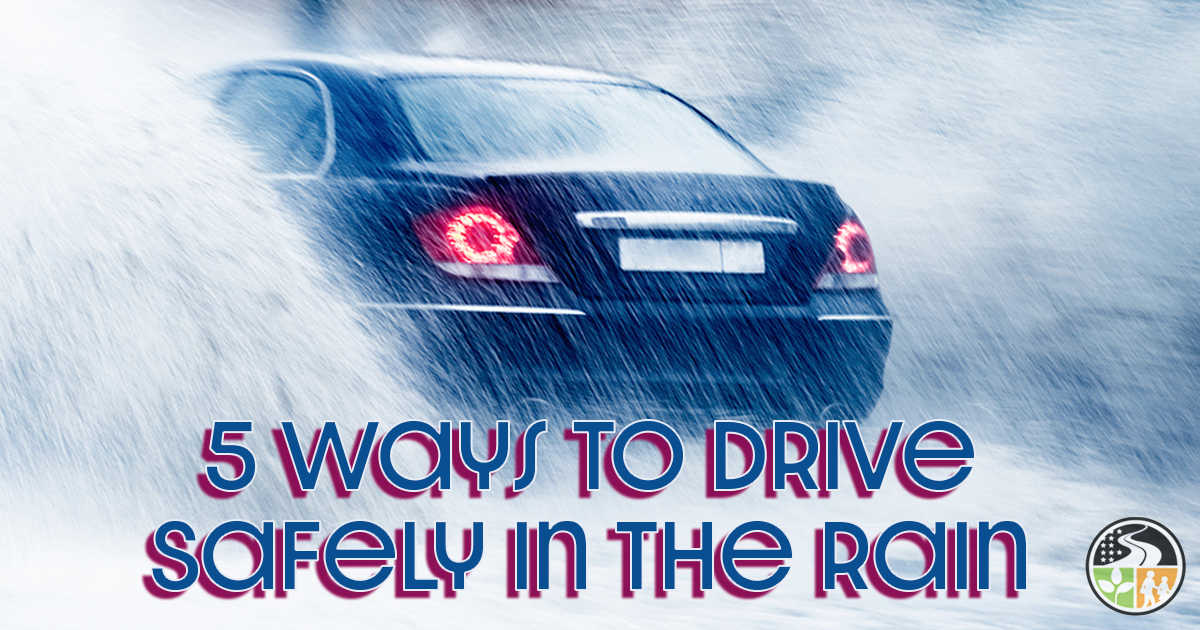
Dealing with heavy rains while you’re behind the wheel is not just a nuisance. That violent downpour is actually dangerous. In fact, in the United States, half of all flood fatalities involve vehicles. Staying safe while driving in the rain is possible. In this article, we’ll go over five ways you can master the elements and drive safely in the rain.
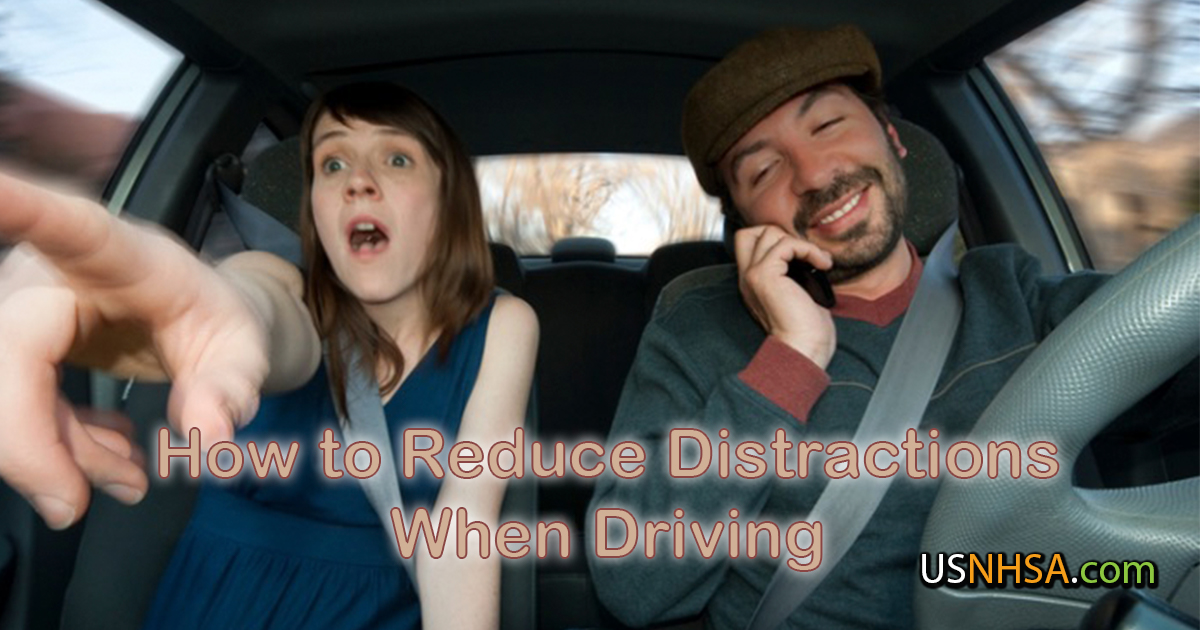
Can you stay focused while driving and still perform another task at the same time? You might be tempted to take advantage of a calm moment behind the wheel. For instance, on a straight stretch of road, you may want to multitask by sending a text message or applying lipstick.
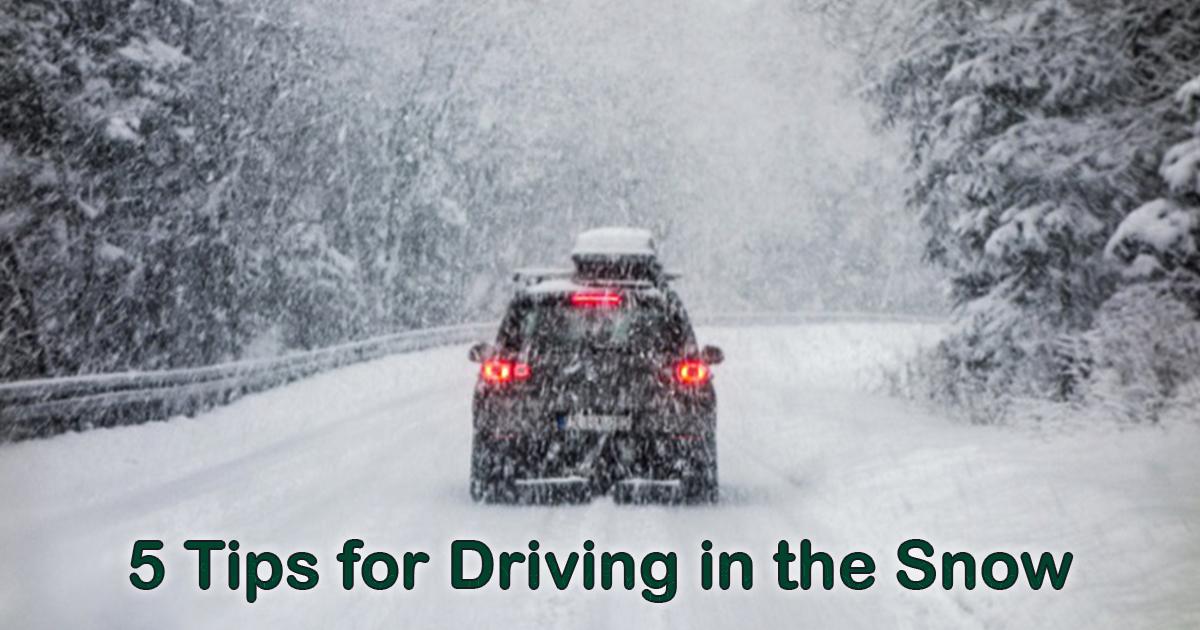
Perhaps one of the best tips for driving in the snow may be the suggestion to not go out at all. On a wintry day with the snow softly falling, you might decide to opt to snuggle up in front of the fire with a cup of hot chocolate in hand. If you’re not used to driving in the snow and can stay home during that snowstorm, take the safe option. However, if you must go out and you see heavy snow blanketing the roads, use these tips to arrive safely to your destination.
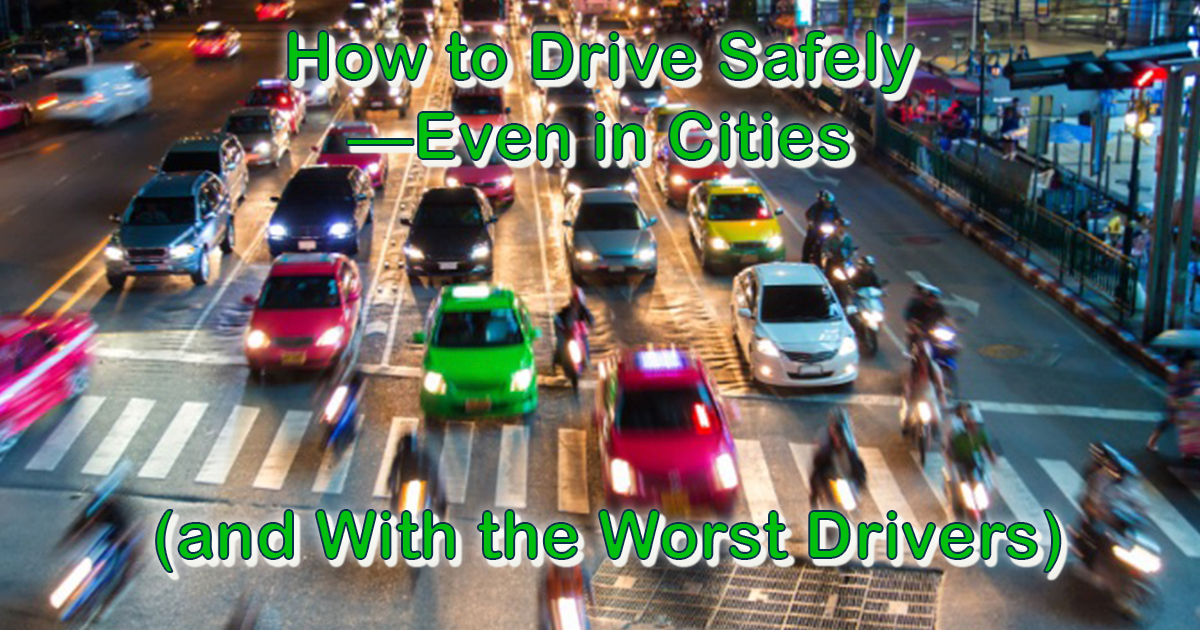
Increasingly congested cities, longer commute times and shorter tempers make driving in cities a challenge. Perhaps you have felt the frustration of trying to navigate an unfamiliar downtown area in heavy traffic. Add to that damaged infrastructure, and drivers that are careless or violate traffic laws, and you have situations that try the patience of even the calmest person.
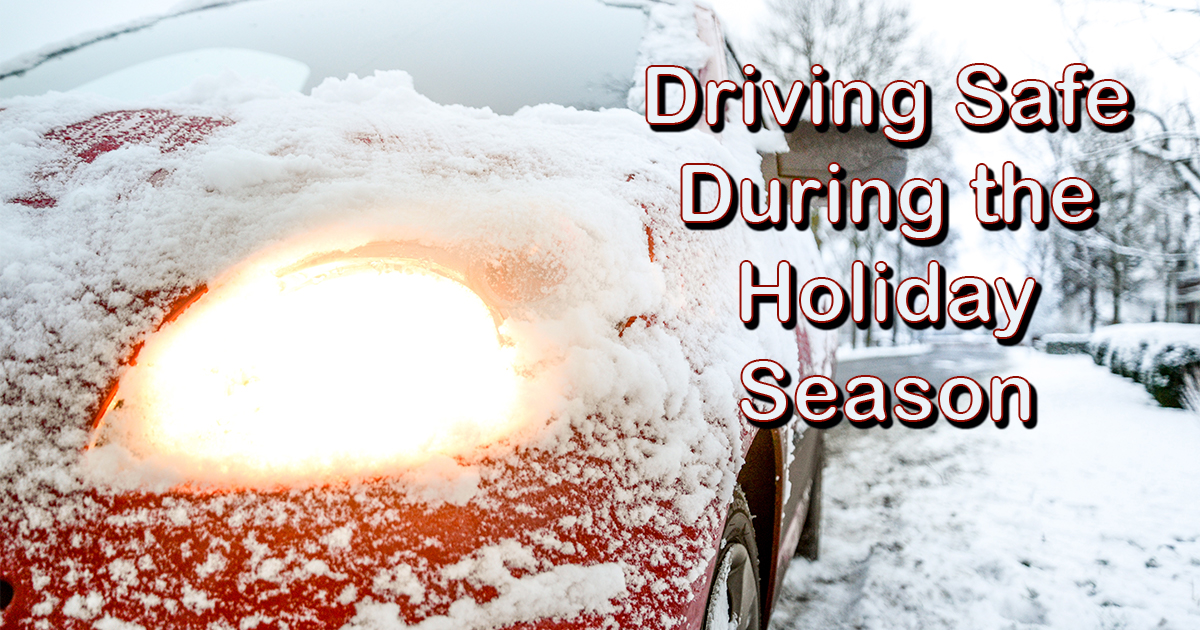
Over 100 million Americans traveled during the holiday season in 2019, and most of those travelers took to the road to arrive at their destinations. Unfortunately, every holiday hundreds of people are killed in vehicle crashes. From unpredictable weather to unpredictable drivers, emergencies on the road are common during the holiday season. How can you make sure that you and your family are driving safely during the holiday season?
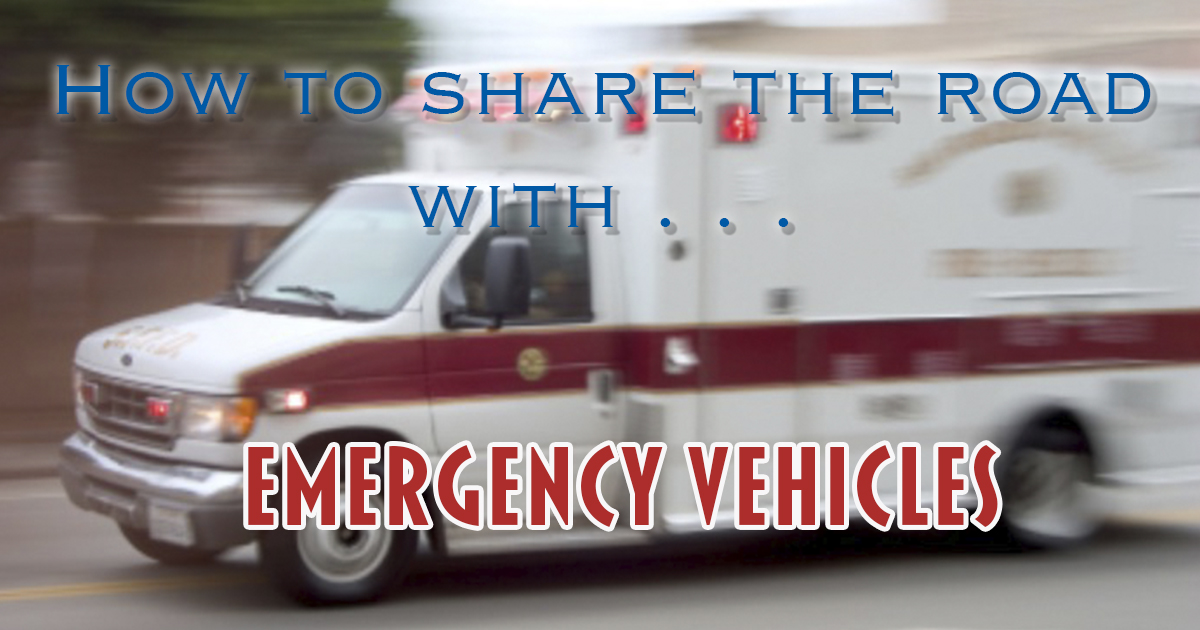
You’re calmly driving down the highway on your way to work, thinking about your plans for the weekend, and wondering why your dog didn’t want to eat breakfast today—basically a typical morning. And then you hear it. The sirens. After a quick glimpse at your speedometer (don’t worry, you’re within the speed limit), you realize the sirens aren’t for you. It’s an ambulance, and you can see in the rearview mirror that the flashing lights are coming up behind you. What should you do?
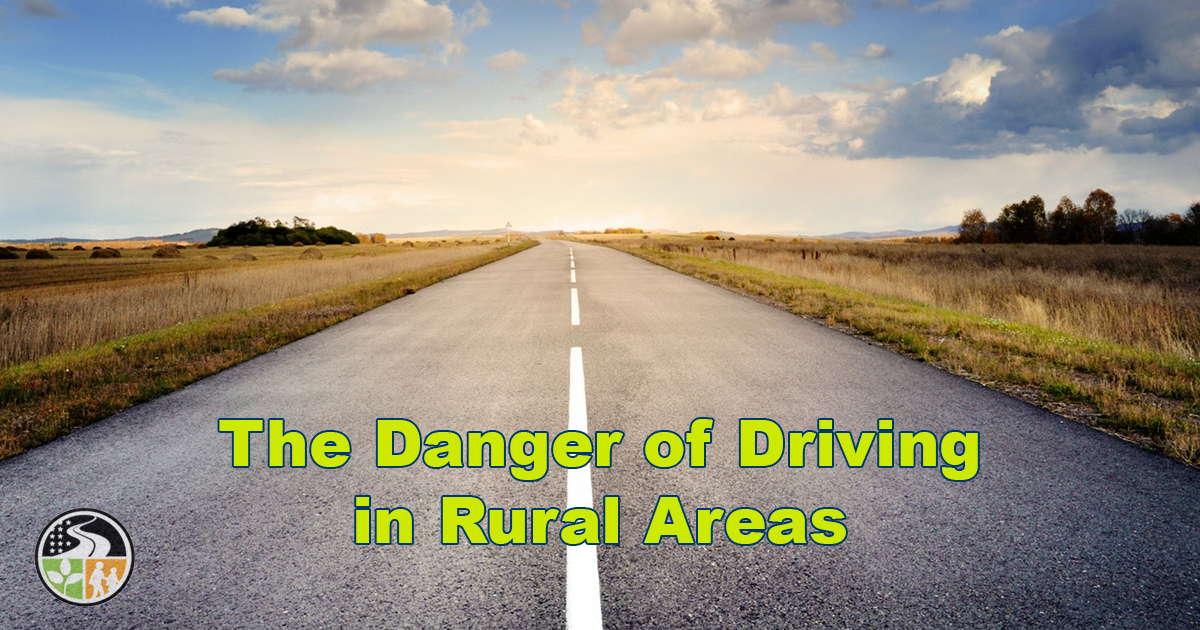
If you do not use the word "rural" very often, this basically refers to the countryside, away from the hustle and bustle of city life. Is it safer to drive in a city or in a rural area? Most people would probably respond that country roads are much safer. After all, there are fewer cars! A driver doesn’t have to worry about as many fender benders. There are no furious taxi drivers shouting at you as you try to maneuver through the streets. And, in general, there is less chaos on the nation's backroads. However, most people would be wrong.
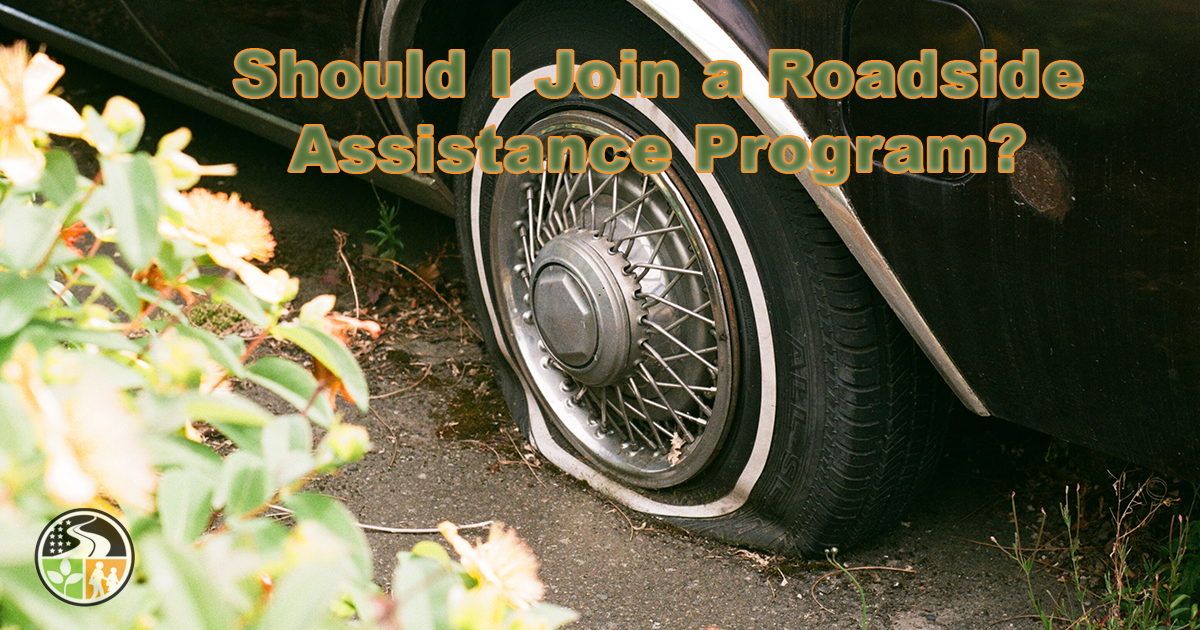
Oh no! It happened again . . . another flat tire. And this time, you forgot to put the new spare tire back in the trunk. What are you going to do? That type of uncomfortable situation has existed ever since cars were invented. For that reason, automobile clubs that provide roadside assistance have existed for almost as long as cars have been around.

A visit to Puerto Rico requires no visa and the island uses the US dollar. The roadway laws are basically the same as in the United States, albeit with Spanish signage. But what about driving in Puerto Rico? Here are several tips to help you navigate the “Island of Enchantment.”

